On October 15-16, 2025, the Oversight Committee of the Vietnam Country Coordinating Mechanism (CCM Viet Nam) for the Global Fund to Fight AIDS, Tuberculosis, and Malaria conducted an oversight visit in Gia Lai Province, an administrative unit newly established after the merger of the former Gia Lai and Binh Dinh provinces. The monitoring delegation included representatives from CCM members, the Oversight Committee, the CCM Secretariat, as well as representatives from monitored entities and Principal Recipients (PRs) in the role of observers.
The mission aimed to assess the progress of implementation programs to prevent and control AIDS, tuberculosis, and malaria in Gia Lai Province and to discuss challenges that arisen during the administrative merger, with a focus on ensuring the sustainability of Global Fund-supported health programs.
During meetings with provincial and primary health facilities, the delegation recognized strong efforts to maintain effective operations amid significant organizational and financial changes. The Gia Lai Provincial Hospital for Tuberculosis and Lung Diseases reported a success treatment rate among drug-sensitive TB cases of over 93%. Commune health stations such as Phu Dong and Hoi Phu continued to perform well in disease surveillance, patient management, and preventive health communication. Meanwhile, the Malaria Control Program of the Gia Lai Center for Disease Control (CDC) showed impressive results, recording a sharp decline in malaria cases over the past five years and no new cases in the first nine months of 2025. Regarding the HIV/AIDS program, Gia Lai CDC and Quy Nhon Health Center have made promising progress in reaching MSM groups and expanding pre-exposure prophylaxis (PrEP) services.
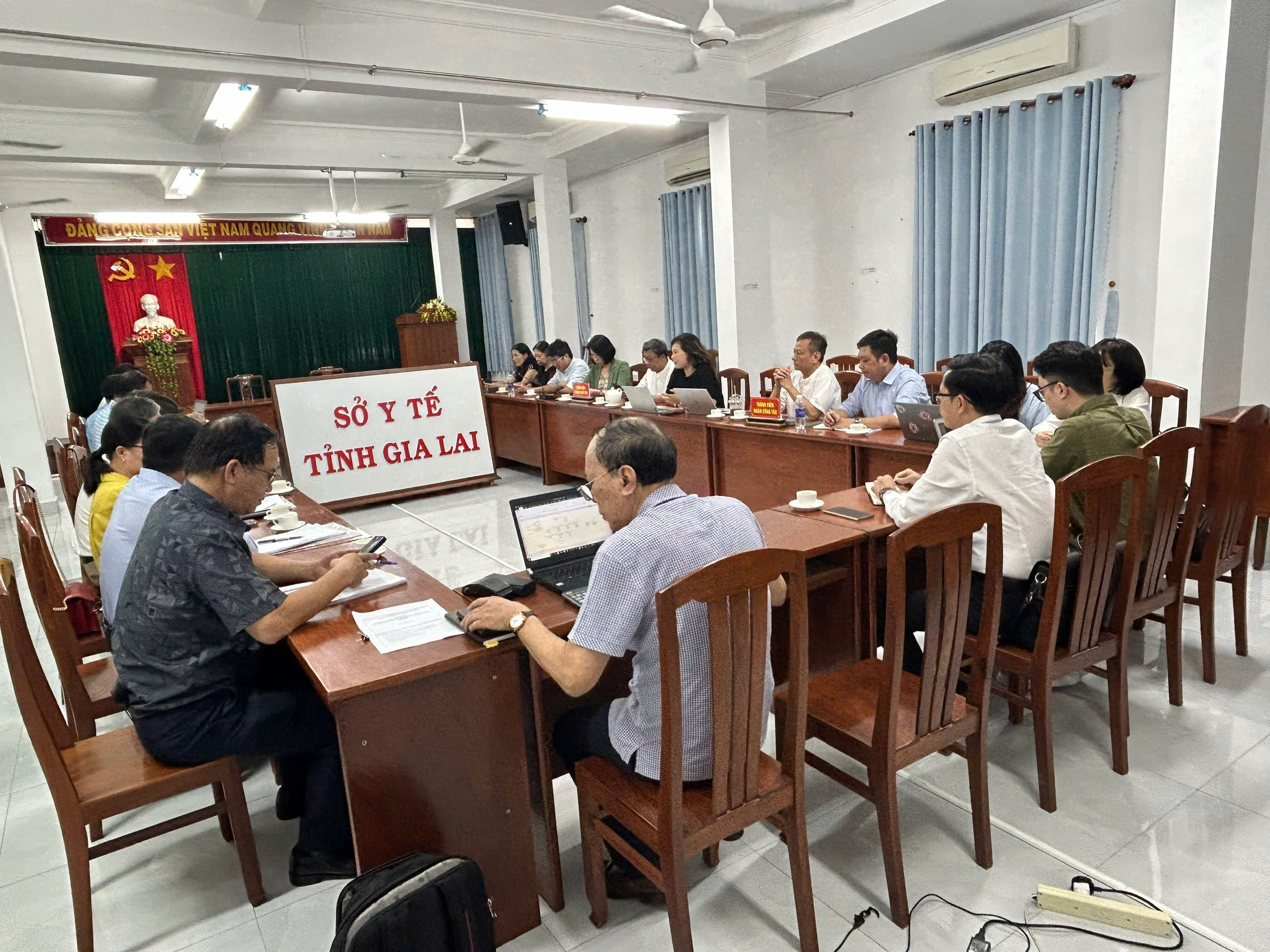
Despite these encouraging achievements, the delegation also noted several common challenges faced by localities. The administrative merger and implementation of a two-tier local government system have led to procedural disruptions and increased administrative workloads for primary health care staff. Disbursement processes remain problematic, which makes activity implementation periods shorter. The electronic reporting system remains unstable, forcing some treatment sites to maintain paper-based reports at the same time, adding administrative pressure. Commune-level health staff require additional capacity building in patient management and health communication. Community outreach teams are still insufficient due to training and certification requirements, as well as hesitancy among peer educators to engage in project activities.
In response to these challenges, the delegation recommended that the Ministry of Health and Principal Recipients simplify financial mechanisms and ensure timely disbursement to prevent program interruptions. Continued capacity-building and training for health staff following administrative restructuring are essential. Furthermore, mechanisms should be developed to mobilize domestic budget allocations to compensate for the gradual reduction of international funding. The team also proposed expanding the 2X TB screening model to remote and mountainous communes and strengthening community-level surveillance capacity for malaria and HIV.
In terms of sustainability, local health authorities affirmed their commitment to maintaining and expanding community-based HIV counseling and testing services delivered by commune health staff, while improving the quality of HIV/AIDS treatment by increasing the proportion of patients receiving viral load monitoring. The programs also aim to apply digital technologies in disease surveillance, epidemiological analysis, and early warning systems to sustain malaria elimination achievements. In parallel, they plan to enhance community participation and integrate health initiatives with broader social development programs in ethnic minority and disadvantaged areas.
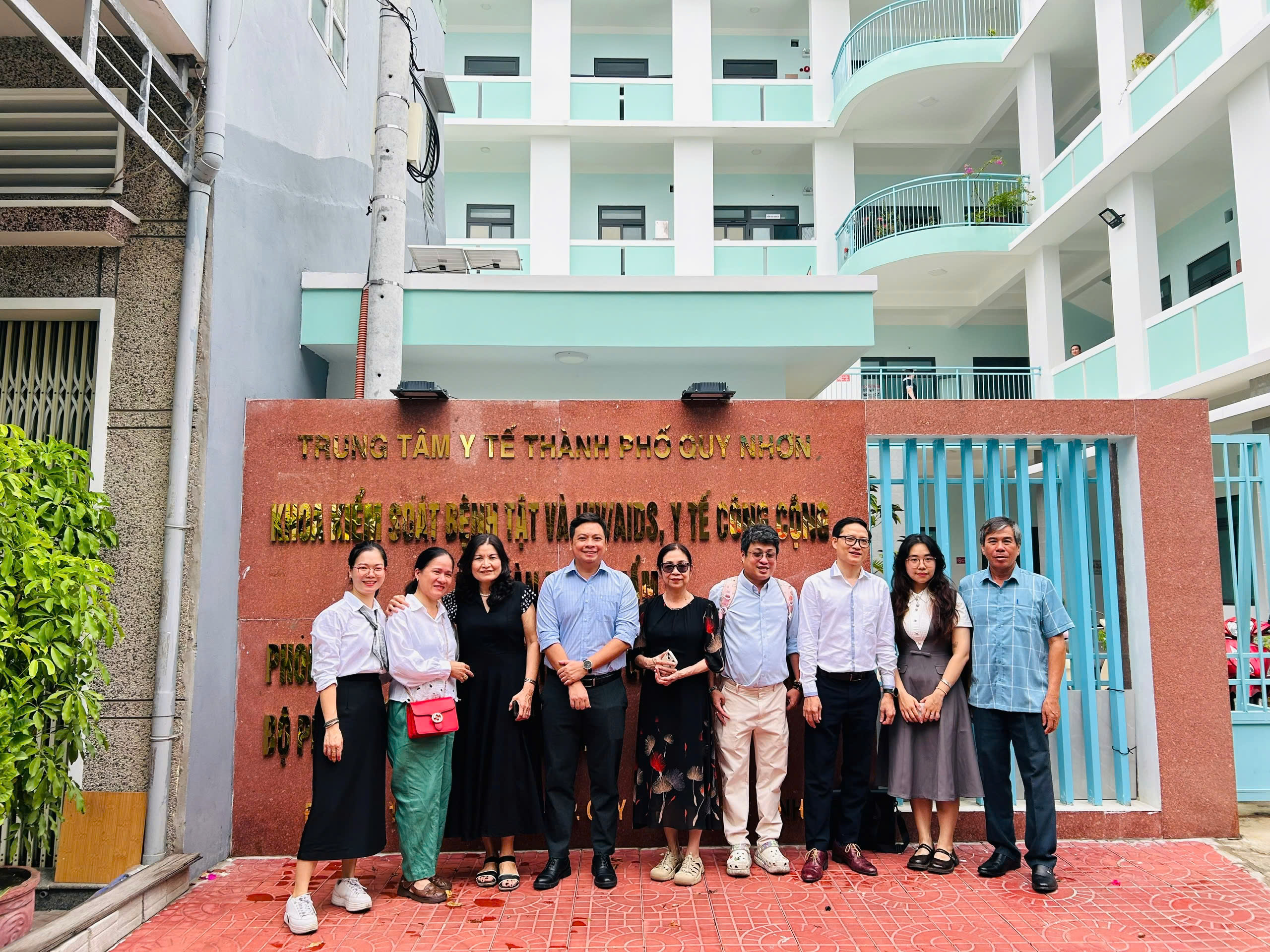
The field monitoring visit in Gia Lai provided an opportunity for CCM Viet Nam, the Ministry of Health, Principal Recipients, and local authorities to jointly review and align strategies to ensure the effectiveness, flexibility, and sustainability of Global Fund – supported programs in Viet Nam. The activity also reaffirmed CCM Viet Nam’s strong commitment to strengthening oversight, fostering multisectoral coordination, and accompanying local partners in the effort to safeguard public health and move toward the goal of ending AIDS, tuberculosis, and malaria by 2030.
CCM Secretariat


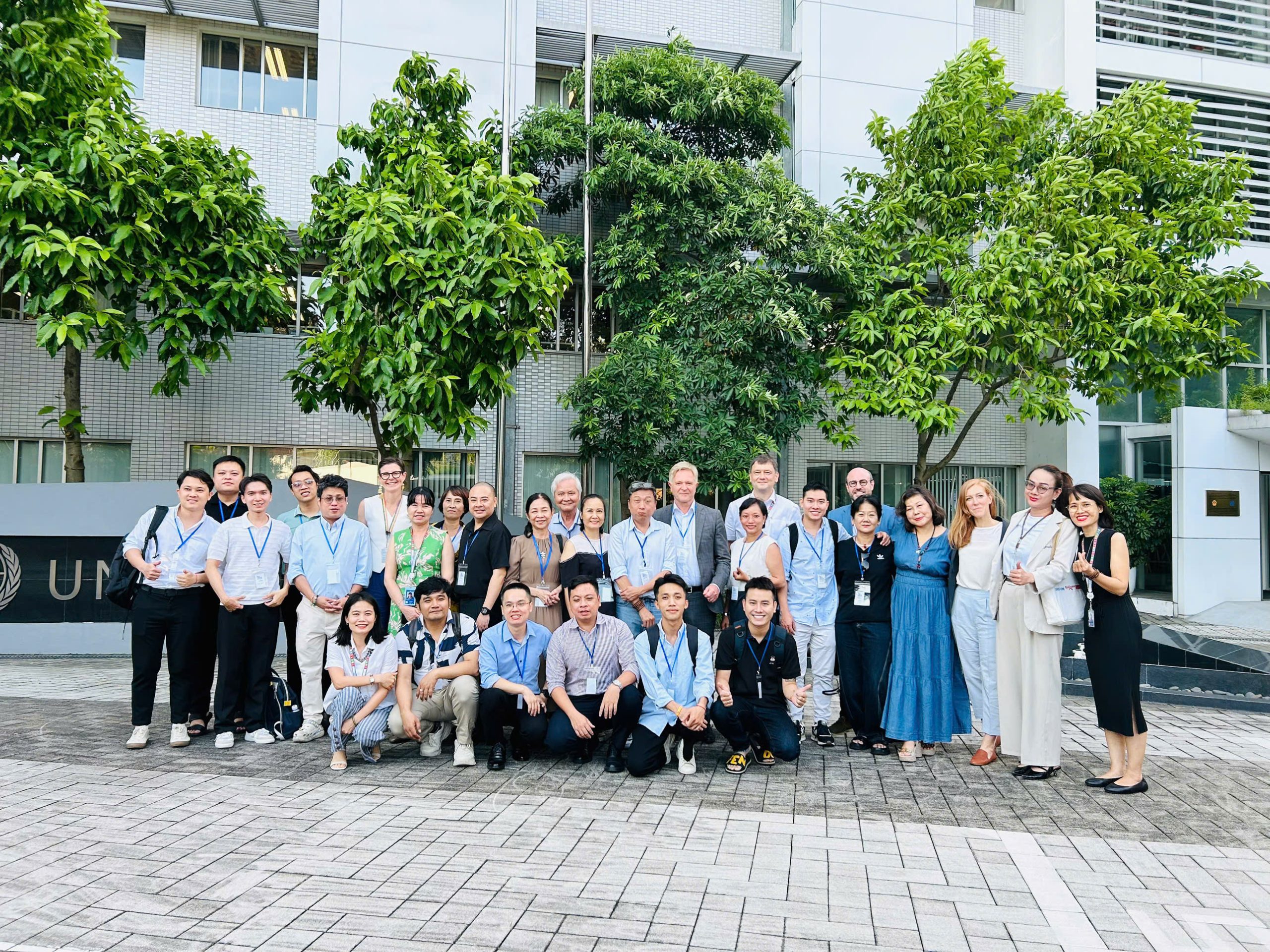
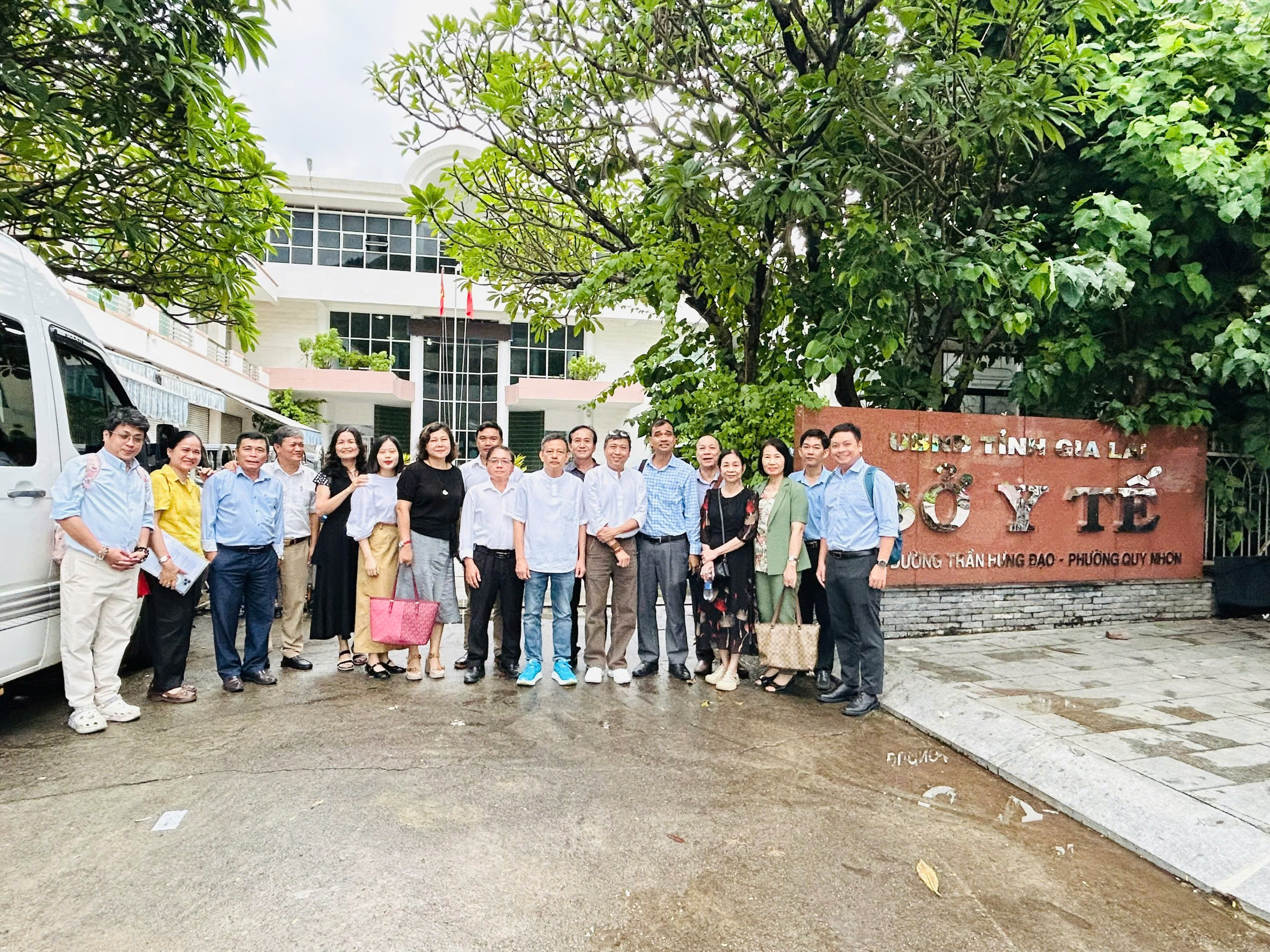
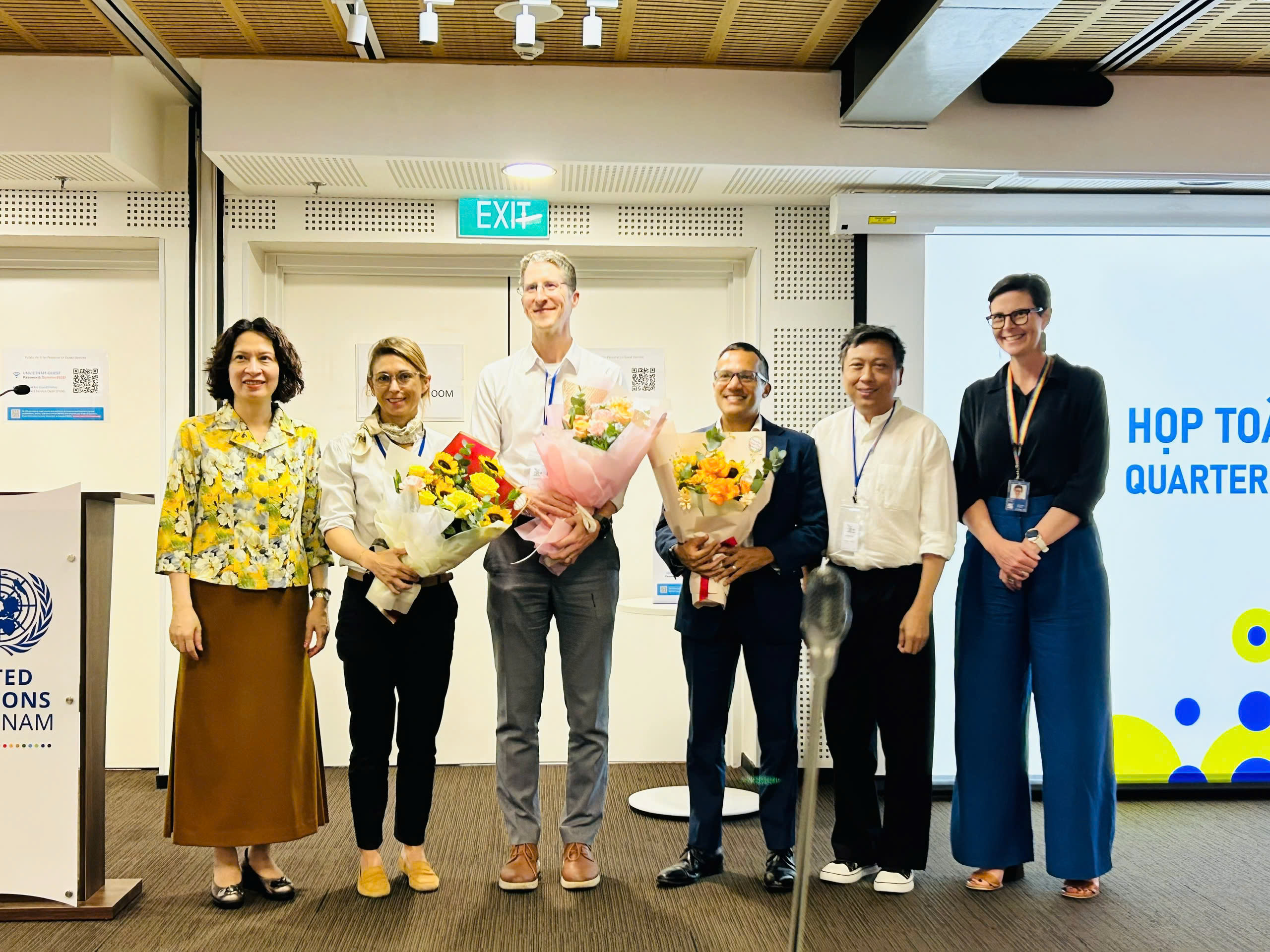
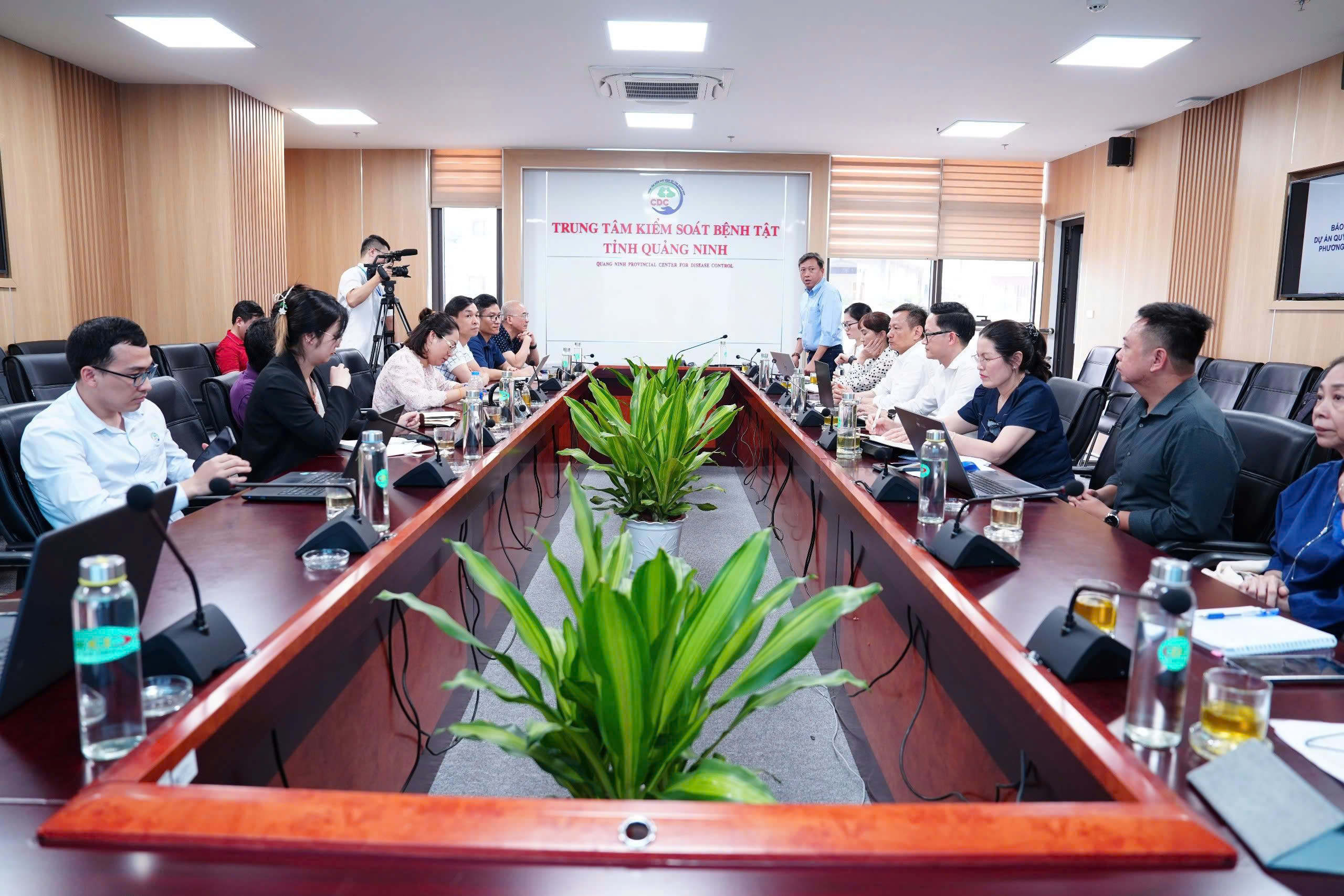
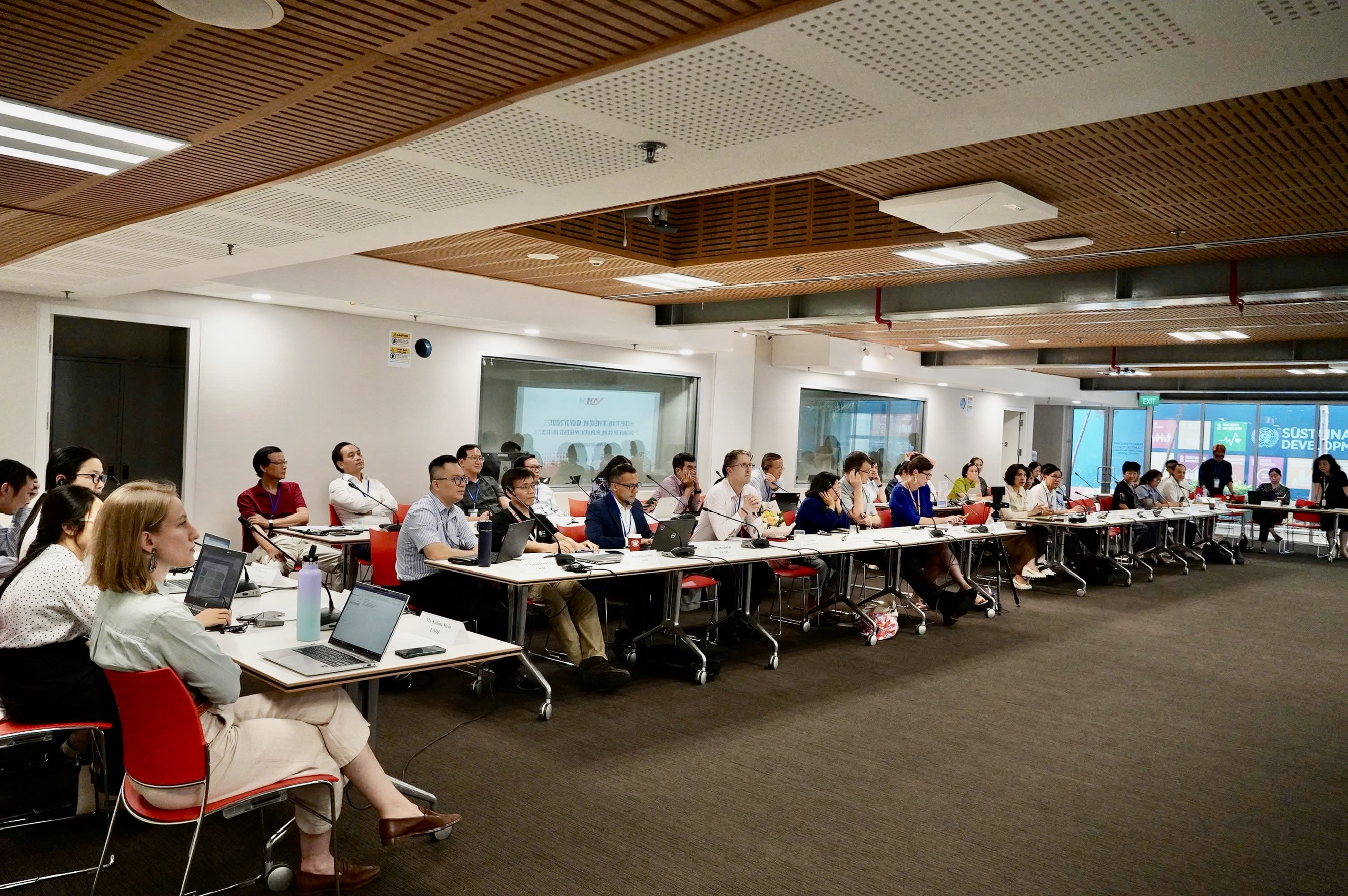
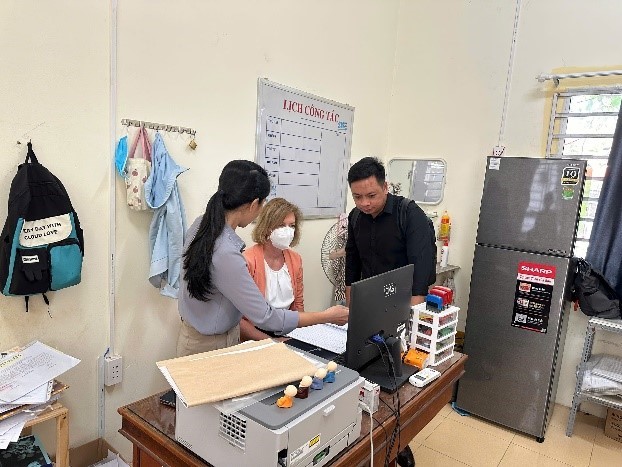
Your comments will be reviewed before being posted. Please write a signed comment.